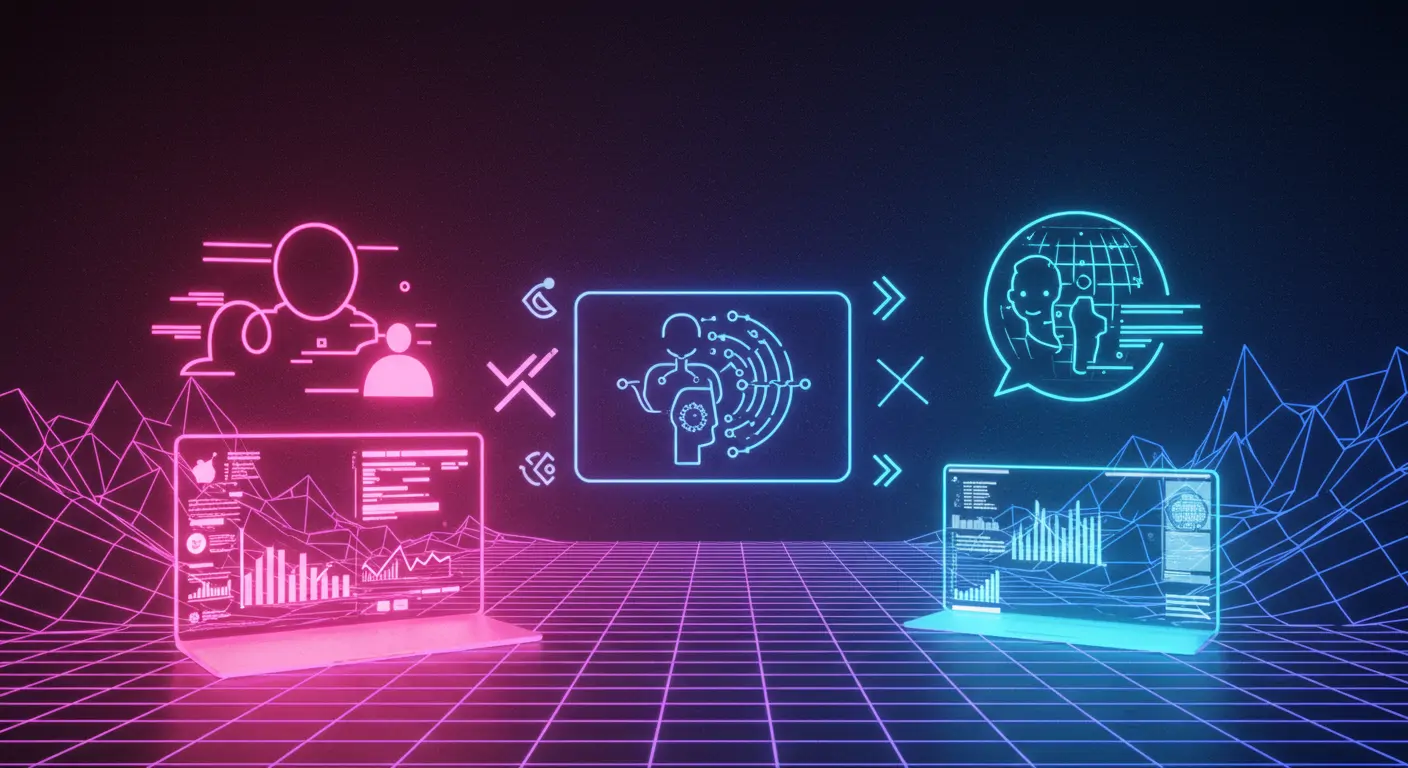Introduction: Why This Matters Now
In 2025, a staggering 85% of startups have turned to AI-powered app monetization strategies, resulting in significant revenue boosts across various sectors. This shift is reshaping the competitive landscape, offering new avenues for growth and innovation. With the digital economy rapidly evolving, businesses must adapt to these emerging trends or risk obsolescence.
Read time: 15 minutes
The Current State: What's Happening Right Now
As of early 2025, companies like Adapty and Replai are leading the charge in AI-powered monetization, leveraging machine learning to optimize in-app purchases and personalized advertising strategies. The market for AI-driven ad tech has expanded to $28.3 billion, marking a 75% increase from 2024 (Statista).
Traditional monetization methods, relying heavily on broad demographic targeting, are failing due to their inefficiency and inability to adapt to user preferences in real-time. In contrast, AI models can analyze vast amounts of data swiftly, enabling precise targeting and personalization that significantly enhance conversion rates.
Key Drivers: What's Fueling This Trend
Driver 1: Economic Efficiency
AI monetization platforms can reduce customer acquisition costs by up to 30% by streamlining user targeting and engagement (McKinsey, 2024).
Driver 2: Enhanced User Experience
With AI, apps can provide tailored user experiences that increase engagement and retention rates. For instance, Spotify's AI algorithms have improved user engagement by 15% since implementing real-time playlist personalization in late 2024.
Driver 3: Data Availability
The proliferation of data from IoT devices and mobile apps provides a rich dataset for AI algorithms, facilitating more accurate user behavior predictions and monetization strategies.
Real-World Impact & Case Studies
Case Study 1: Duolingo
In 2024, Duolingo integrated AI to enhance its subscription model, resulting in a 50% increase in premium subscriptions within a year. Key lesson: AI can significantly enhance conversion rates through personalized learning experiences.
Case Study 2: Headspace
Headspace used AI to refine its content recommendations, boosting session lengths by 25% and reducing churn by 12% in 2025.
Industry Implications
For Developers
- Learning AI frameworks like TensorFlow and PyTorch can open new career opportunities.
- Upskilling in data analytics and machine learning.
For Businesses
- Strategic integration of AI for competitive advantage.
- Improved customer insights and engagement strategies.
For Investors
- Vast market opportunities in AI innovation.
- Risks associated with data privacy and regulatory challenges.
Challenges & Criticisms
Despite its benefits, AI monetization faces criticism over data privacy concerns and algorithmic biases. The potential for misuse in targeting vulnerable user groups also poses ethical questions that need addressing.
Future Outlook: What's Next
Short-term (6-12 months): Increased AI adoption in sectors like fintech and healthcare. Long-term (2-3 years): AI will become integral to all app monetization strategies, with significant advances in machine learning reducing operational costs and enhancing user engagement.
Frequently Asked Questions
- What is AI-powered app monetization? It involves using AI technologies to optimize revenue-generating activities within applications.
- What are the main benefits? Enhanced targeting, increased conversion rates, and reduced acquisition costs.
- How secure is AI data management? While AI systems can be secure, they necessitate robust data privacy protocols to protect user information.
Conclusion: Key Takeaways
- AI-powered app monetization is transforming revenue models for startups in 2025.
- Economic efficiency, improved user experience, and data availability are key drivers.
- Developers, businesses, and investors need to adapt to leverage this trend effectively.
- Addressing ethical and privacy concerns is crucial for sustainable growth.
To learn more about integrating AI into your business model, consider exploring our comprehensive guide on AI frameworks and monetization strategies.




